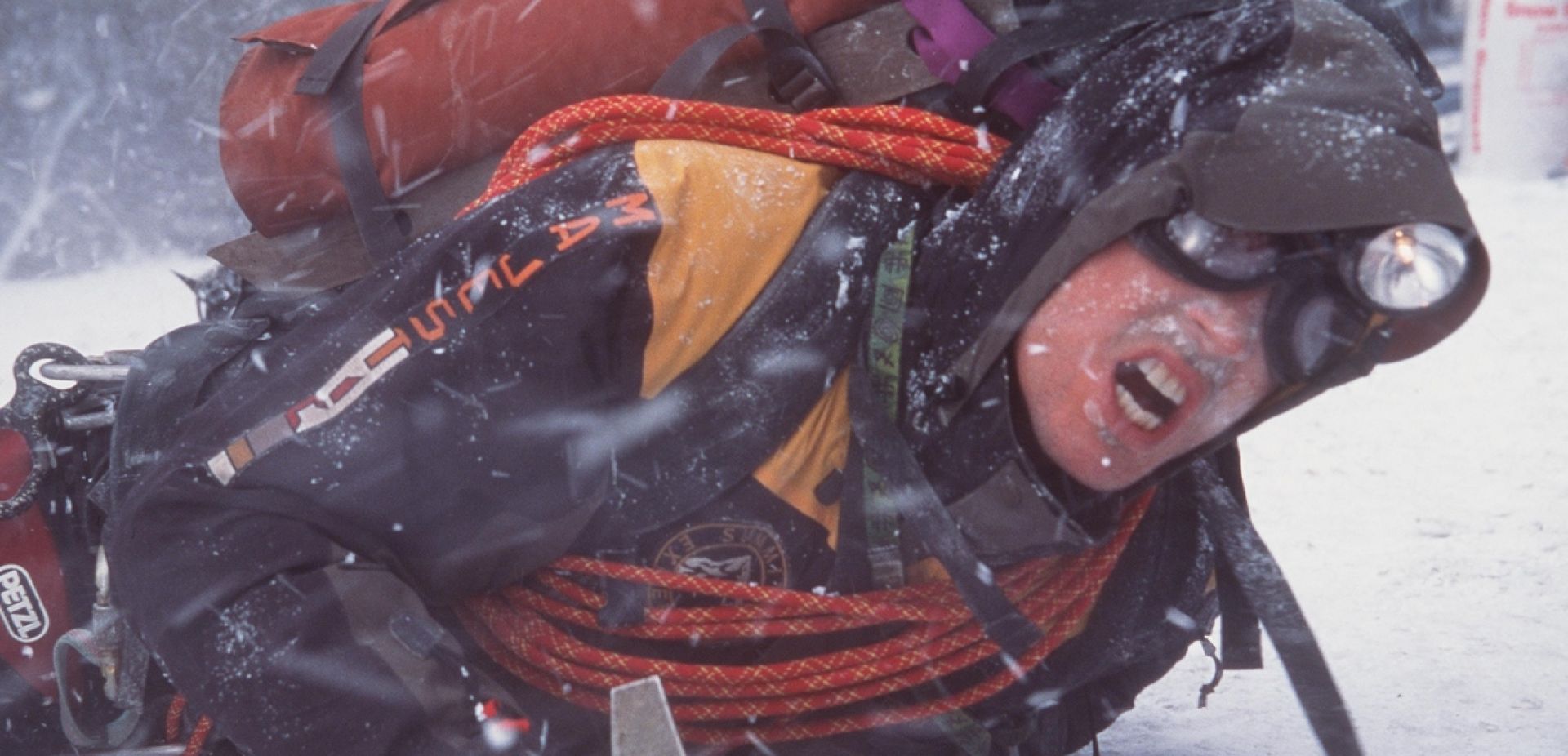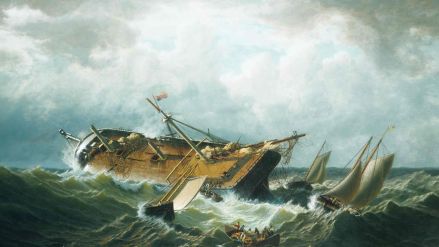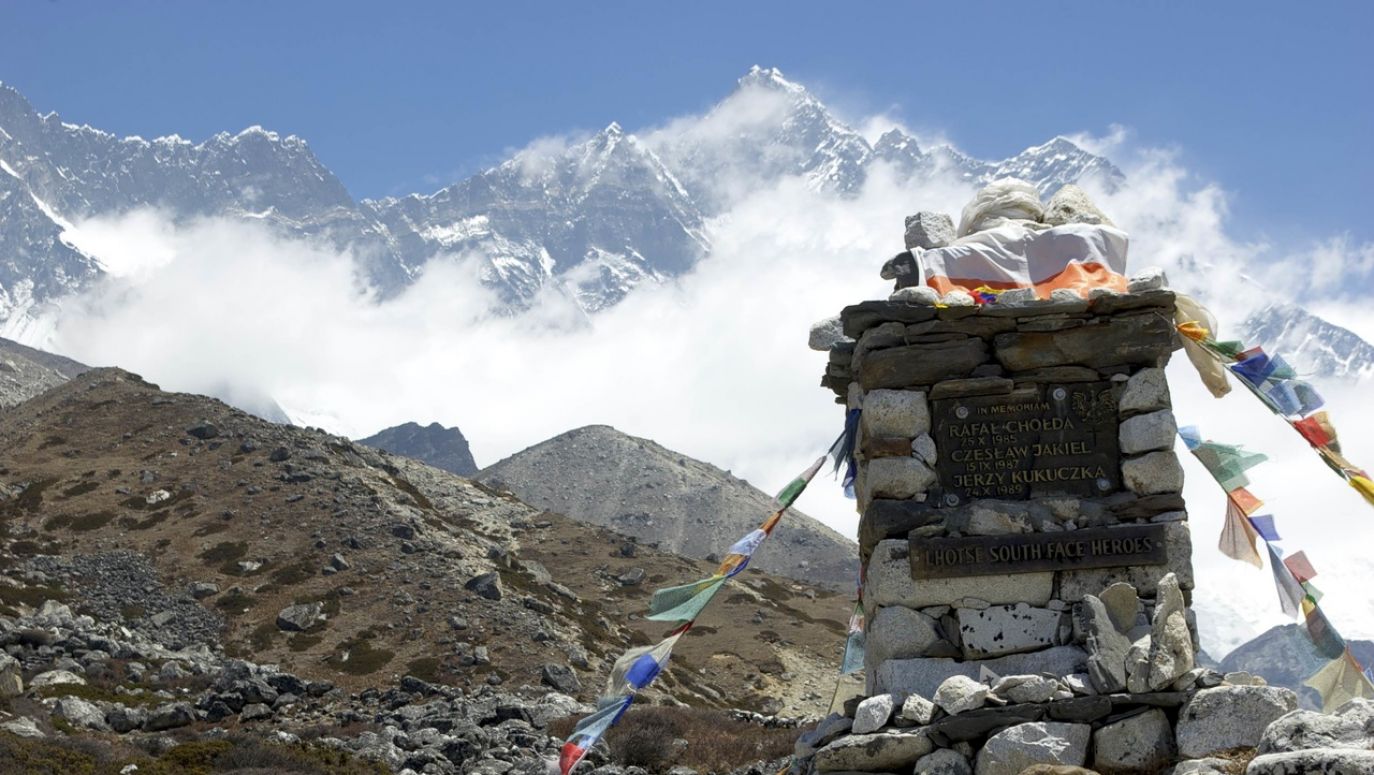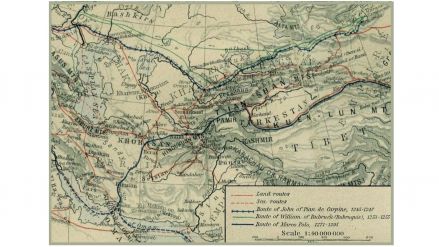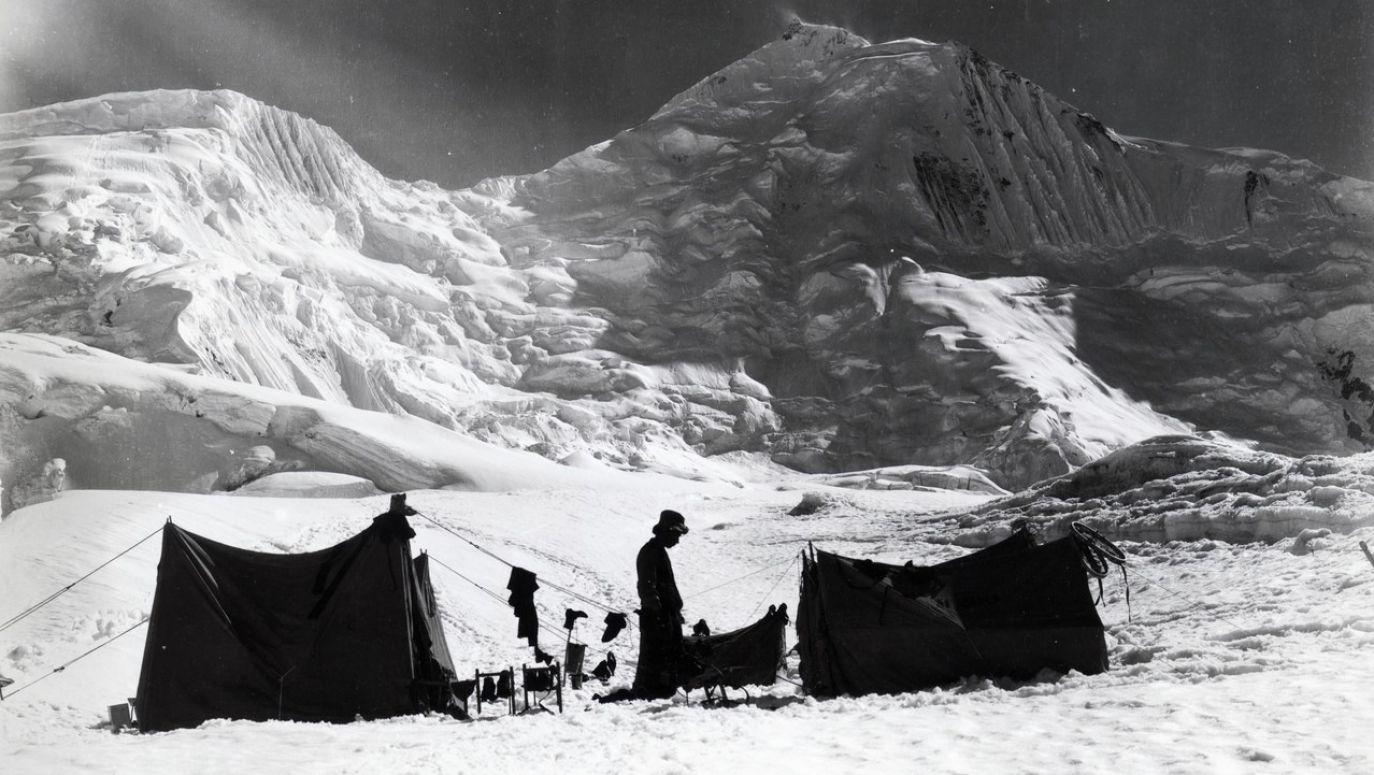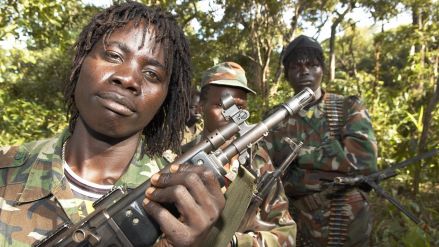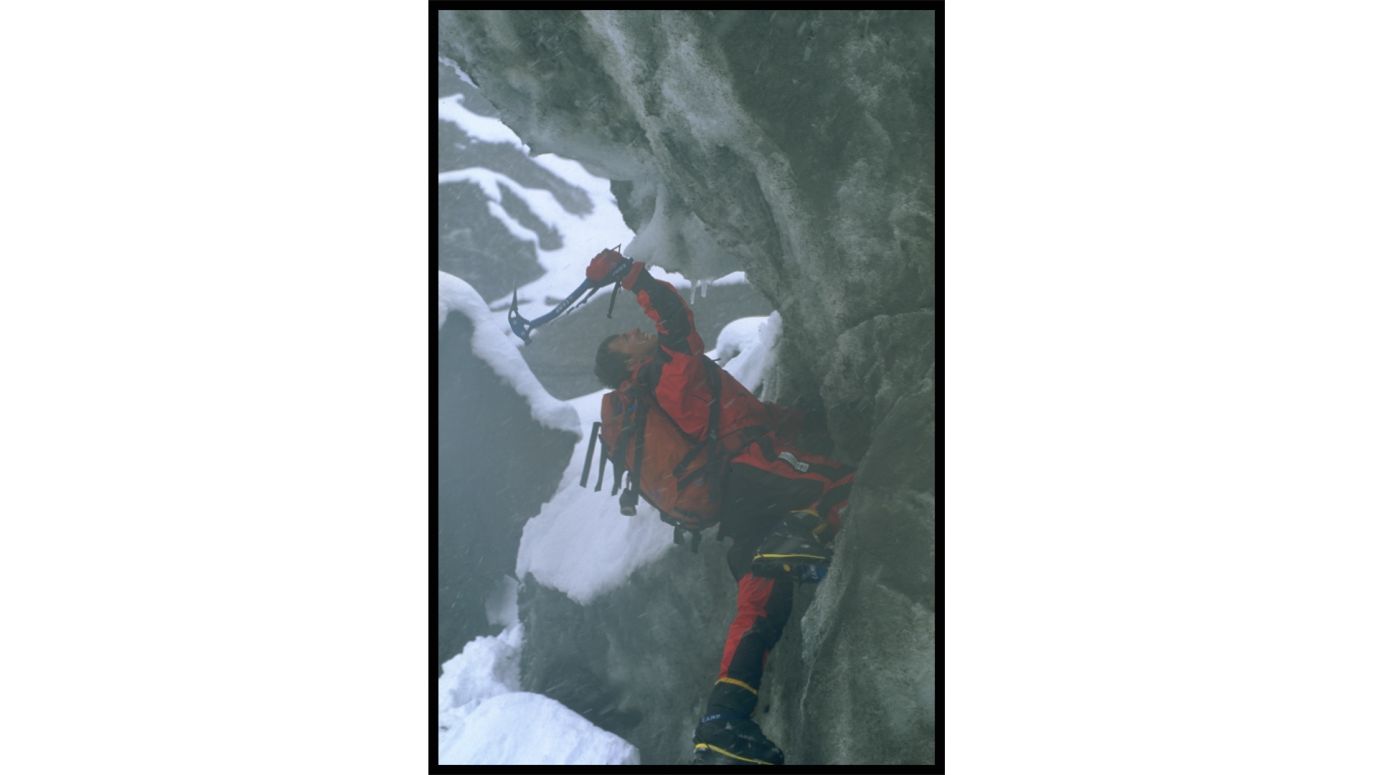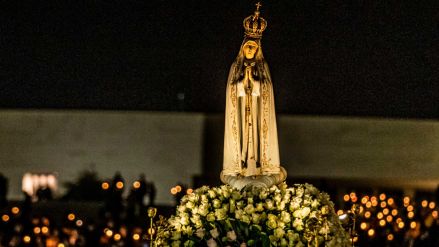Professor Jacek Hołówka is, of course, less forgiving of mountaineers in this respect. – If someone is single, has no children, and does not have to look after other family members, he has the right to squander his life. It is difficult to forbid someone from taking part in car races if he feels that he is an expert in this field, although it is dangerous. On the other hand, if someone decides that they want to have children, they need to think ten times before doing stupid things. And take on the burden that will be carried for 20 years, or even 25-30 years in the current conditions – Hołówka puts it bluntly.
He adds: – So you can’t sell your flat in a rash manner, drive your car like a madman, drink too much, associate with aggressive and dangerous people. Nor squander your money and your health to satisfy your ambition or your desire for adventure, thereby leaving your children to fend for themselves. I believe that this is unacceptable.
Danger: the man himself
PhD Kazimierz Szałata notes that the decisions of mountaineers are similar to our decisions in everyday situations, only they are more sharply focused. – Of course, when climbing a mountain, the risk is greater than when crossing the street, but in both cases we have all sorts of temptations: “maybe I’ll make it?”, “I’ll show off in front of someone”, etc. And then we don’t think that we put our lives in unnecessary danger. There always is a risk. The point is that by making wise and responsible decisions we should minimise this risk and act within reason – he says.
Prof. Michał Wojciechowski, on the other hand, stresses that although in the mountains we are threatened by danger from nature, the greatest danger is man himself: – The same is true on the road; there may be an accident caused solely by some technical weakness of the car, but as a rule it is the driver who fails. Let me stress that again: the most important thing is responsibility for oneself and for others. Some people go uphill when they should be turning back. But this does not only apply to mountaineers. It concerns, for example, tourists who go up Giewont when it is thundering and there is a threat of a storm.
– Łukasz Lubański
TVP WEEKLY. Editorial team and jornalists
– Translated by Jan Ziętara